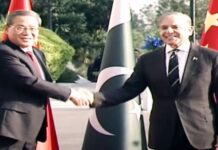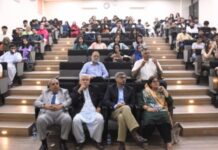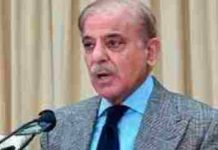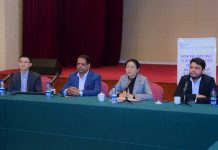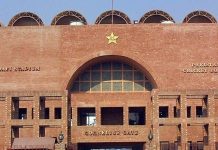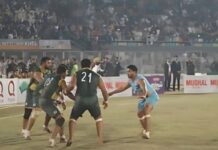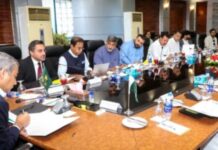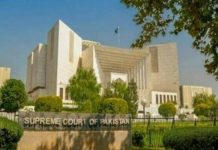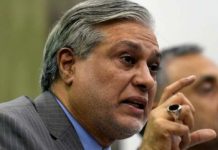MULTAN, Sep 20 (NNI): JUI-F chief Maulana Fazl-ur-Rehman said on Friday that the JUI-F is committed to supporting judicial reforms, and therefore the party’s legal team is working on the proposed draft.
While speaking to the media in Multan, Fazl said, “We have started work on the preparation of the draft, which will take a few days.” He claimed that the government’s proposed draft was aimed at limiting human rights. He said the government wanted to enhance the role of security forces and shelve human rights, which is why the JUI-F refused to support the proposed amendment bill.
Fazl stated that the government informed him it was withdrawing proposals to extend the tenure of judges and increase the number of judges, but there was still a proposal to establish a federal constitutional court. He said the JUI-F demanded that the government first show the draft of the constitutional amendments, and then discussions regarding support for the bill would take place.
The JUI-F chief said the government eventually provided them with a copy of the proposed bill.
He said that the copy of the draft was reviewed by their lawyers. He said, “We are sorry to see the draft.” The constitution protects the rights of every citizen, but in this constitutional amendment, an exemption has been given to the military, and the scope of fundamental rights in the draft has been curtailed. The immunity clause has been extended, and the human rights chapter has been limited.
He noted that the government’s draft included provisions regarding the appointment and transfer of judges, which would greatly affect the system. He said the government would transfer a judge who gave a decision against it.
The head of the JUI-F said there is a concept of a Federal Constitutional Court in the Charter of Democracy. He admitted that 60,000 cases of common people are currently pending in the Supreme Court, while 2.4 million cases are pending in courts across the country. He said this backlog is an argument for the need for a constitutional court.
He also mentioned that Bilawal visited him, and they both agreed that a draft should be made and shared with each other to reach a consensus because the work of Parliament is constitution-making. He said, “We will not tolerate any restrictions on the work of Parliament, but if the balance of power between institutions is not maintained, it can also harm the country.” NNI








